🎼Opera 🗣 Dictionary📖
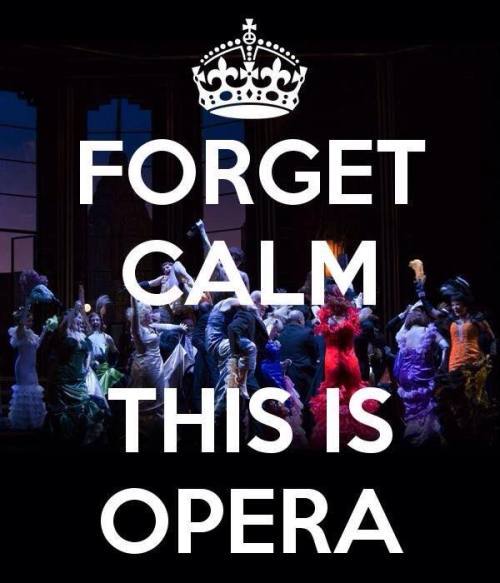

ARIA: A solo piece written for a main character, which focuses on the character’s emotion.
DIVA: Literally “goddess,” it refers to an important female opera star. The masculine form is Divo.
PRIMA
DONNA: Literally “first lady;” the leading woman singer in an opera.
Because of the way some have behaved in the past, it often refers to
someone who acts in a superior and demanding fashion. The term for the
leading man is Primo Uomo.

MEZZO-SOPRANO: The middle female singing voice, lower than soprano, but higher than contralto.
CONTRALTO (kuhn-TRAL-toh): The lowest female singing voice.
SPINTO (Voice type): A lyric voice that has the power and incisiveness for dramatic climaxes.
COLORATURA: Elaborate ornamentation of vocal music written using many fast notes and trills.
DRAMATIC
(Voice type): The heaviest voice, capable of sustained declamation and a
great deal of power, even over the largest operatic orchestra of about
80 instruments. This description applies to all voice ranges from
soprano to bass.
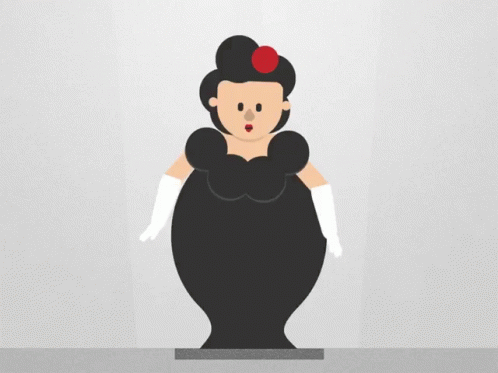
BARITONE: The male singing voice that is higher than bass but lower than tenor.
BASS: The lowest male singing voice.

COUNTERTENOR:
The countertenor is a natural tenor (or sometimes baritone) with an
elevated range. With training and practice this higher range, similar to
that of a woman alto, becomes the natural voice.
FALSETTO: A method of singing above the natural range of the male voice. Often used in opera for comic effects such as a man imitating a woman.
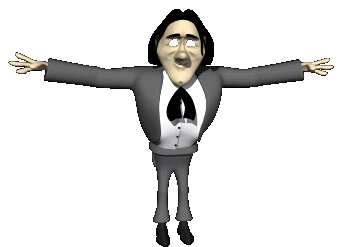
CHORUS:
A group of singers, singing together, who sometimes portray servants,
party guests or other unnamed characters; also the music written for
them.
CHORUS
MASTER: The one in charge of choosing chorus members and rehearsing
them for performance. If there is a backstage chorus, it is usually
conducted by the chorus master who is in communication with the
conductor of the orchestra.
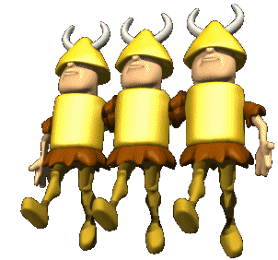
COMPOSER: A person who writes music.
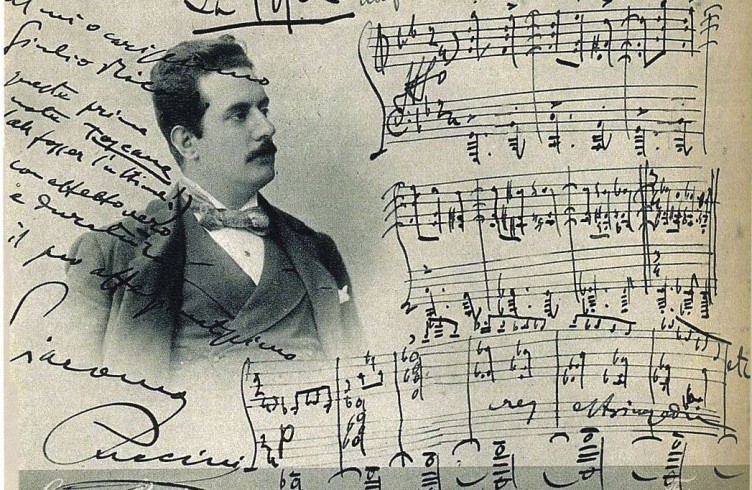
CONDUCTOR: The leader of the orchestra, sometimes called maestro.

CONDUCTOR: The leader of the orchestra, sometimes called maestro.
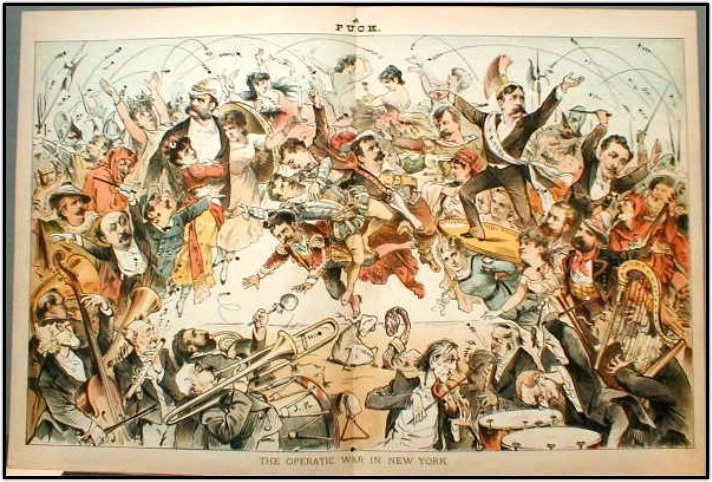
BEL CANTO: An Italian phrase literally meaning “beautiful singing.” A traditional Italian style of singing that emphasizes tone, phrasing, coloratura passages and technique. Also refers to opera written in this style.
BUFFO: From the Italian for “buffoon.” A singer of comic roles (basso-buffo) or a comic opera (opera-buffa).
CABALETTA: Second part of a two-part aria, always in a faster tempo than the first part.
CADENZA : A passage of singing, often at the end of an aria, which shows off the singer’s vocal ability.
CAVATINA (cah-vah-TEE-nah): The meaning of this term has changed over the years. It now usually refers to the opening, slow section of a two part aria. In Rossini’s time it referred to the entrance, or first aria sung by a certain character. Norma’s “Casta diva” is an example of a cavatina in both senses.
CLAQUE (klak): A group of people hired to sit in the audience and either applaud enthusiastically to ensure success or whistle and boo to create a disaster. In past years, leading singers were sometimes blackmailed to pay a claque to insure that claqueurs would not create a disturbance. Even now, a claque is sometimes used but rarely acknowledged.
COMMEDIA DELL’ARTE (cohm-MEH-dee-ah dehl-AHR-teh): A type of comic opera popular in Italy in the 16th to 18th centuries that involved improvisation using stock characters and gestures. The characters were often masked to represent certain archetypes.
COVER: The name given to an understudy in opera; someone who replaces a singer in case of illness or other misfortune.
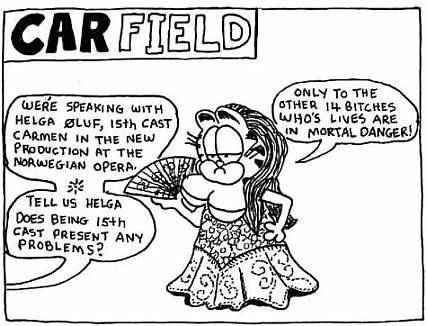
CUE: In opera, a signal to a singer or orchestra member to begin singing or playing.
CURTAIN CALL: At the end of a performance, all of the members of the cast and the conductor take bows. Sometimes this is done in front of the main curtain, hence the name curtain call. Often, however, the bows are taken on the full stage with the curtain open.
CUT: To omit some of the original material from the score.
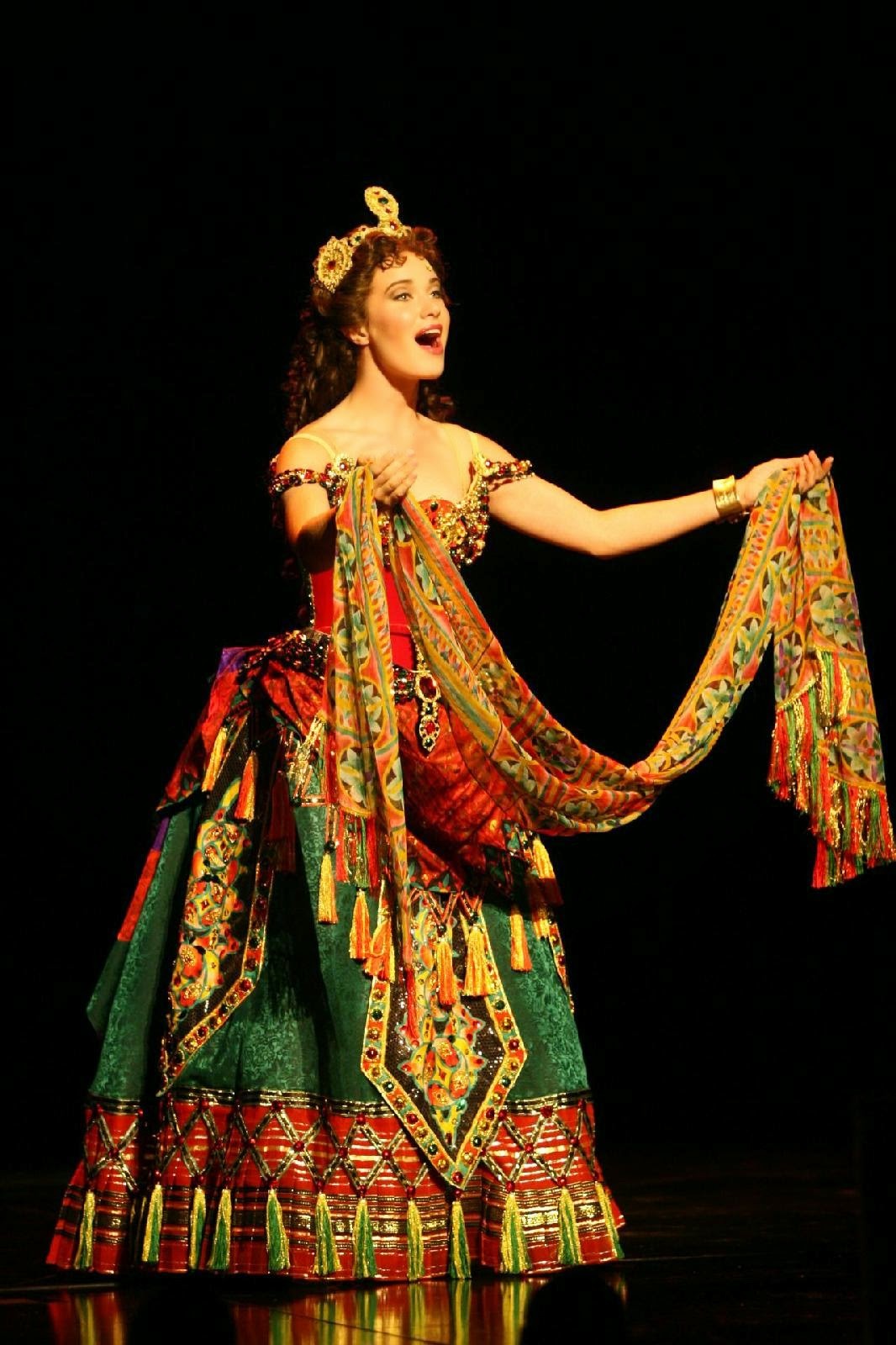
DRESSER: A member of the backstage staff who helps the artists change their costumes. The principal singers usually have their own dresser. Supers and chorus members share dressers.
DRESS REHEARSAL: A final rehearsal that uses all of the costumes, lights, etc. While sometimes it is necessary to stop for corrections, an attempt is made to make it as much like a final performance as possible.
DUET: An extended musical passage performed by two singers. They may or may not sing simultaneously or on the same musical line.
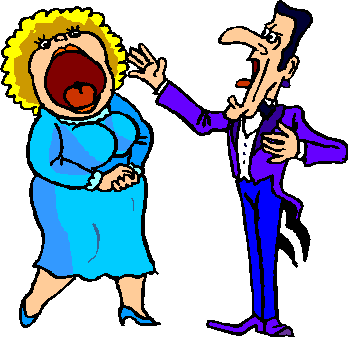
ENCORE: Literally means “again.” It used to be the custom for a singer to repeat a popular aria if the audience called “encore” loudly enough. This is still done in the middle of an opera in countries such as Italy, but it is rare elsewhere. Soloists frequently give encores at the end of a concert but not an opera.
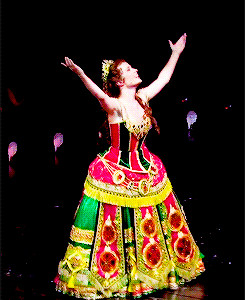
ENSEMBLE: Two or more people singing at the same time, or the music written for such a group.
FINALE: The last musical number of an opera or the last number of an act.
GRAND OPERA: Strictly speaking, opera without spoken dialogue. It is usually used to refer to opera which uses a large orchestra and chorus and grand themes.
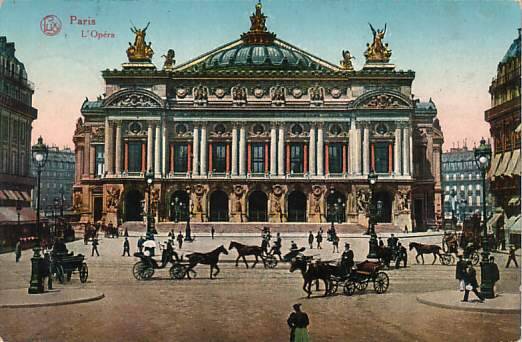
INTERLUDE: A short piece of instrumental music played between scenes or acts.
LEITMOTIV (LEIT-moh-tif) or MOTIF: A short, recurring musical phrase associated with a particular character or event.
LIBRETTO: The text or words of an opera.
MAESTRO (mah-EHS-troh): Literally “master;” used as a courtesy title for the conductor. The masculine ending is used for both men and women.
MARK: To sing very softly or not at full voice. A full-length opera is very hard on a singer’s voice so most mark during rehearsals. During dress rehearsals singers try to sing at full voice for at least some of the time.
MELODRAMA: In a technique which originated with the French; short passages of music alternating with spoken words.
OPERA BUFFA (BOOF-fah): An opera about ordinary people, usually, but not always comic, which first developed in the 18th century.
OPERA SERIA (SEH-ree-ah): A “serious” opera. The usual characters are gods, goddesses or ancient heroes. Rossini was one of the last to write true opera serie.
OPERETTA or MUSICAL COMEDY: A play, some of which is spoken but with many musical numbers.
OVERTURE: An orchestral introduction to an opera.
PARLANDO (pahr-LAHN-doh): A style of singing like ordinary speech. It can occur in the middle of an aria.
PRINCIPAL: A major singing role, or the singer who performs such a role.
RECITATIVE: Words sung in a conversational style, usually to advance the plot. Not to be confused with aria.
RÉPERTOIRE (REP-er-twahr): Stock pieces that a singer or company has ready to present. Often refers to a company’s current season.
RÉPÉTITEUR (reh-peh-ti-TEUR): A member of the music staff who plays the piano for rehearsals and, if necessary, the piano or harpsichord during performances. They frequently coach singers in their roles and assist with orchestra rehearsals.
SCENA (SCHAY-nah): Literally “a scene;” a dramatic episode which consists of a variety of numbers with a common theme. A typical scena might consist of a recitative, a cavatina and a cabaletta.
SCORE: The written music of an opera or other musical work.
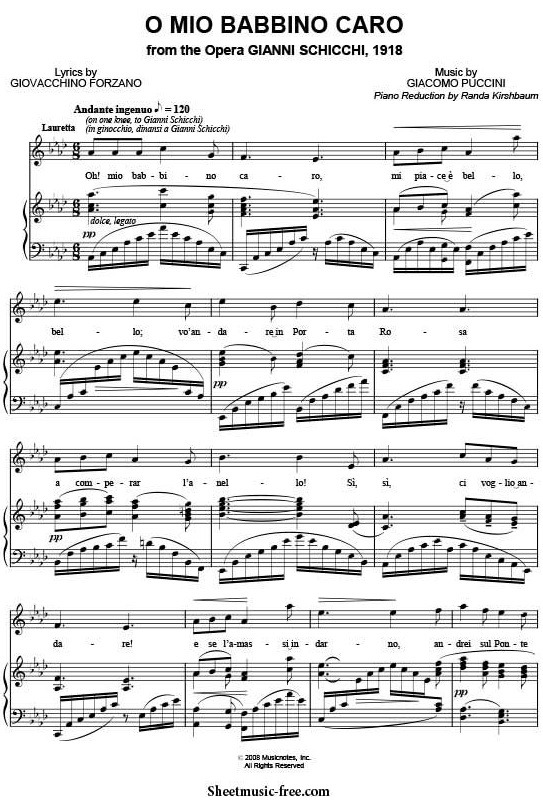
SERENADE: A piece of music honoring someone or something.
SEXTET: A piece for six singers.
SINGSPIEL (ZING-shpeel): German opera with spoken dialogue and usually, but not necessarily, a comic or sentimental plot.
SITZPROBE (ZITS-proh-bah): Literally, “seated rehearsal,” it is the first rehearsal of the singers with the orchestra and no acting.
SOUBRETTE: A pert, young female character with a light soprano voice.
SURTITLES: Translations of the words being sung, or the actual words if the libretto is in the native language, that are projected on a screen above the stage.
TESSITURA: Literally “texture,” it defines the average pitch level of a role. Two roles may have the same range from the lowest to the highest note, but the one with a greater proportion of high notes has the higher tessitura.
TRAGÉDIE LYRIQUE: Early form of French opera that recognized a distinction between the main scenes and divertissements consisting of choruses, dances, etc.
TREMOLO: The quick, continuous reiteration of a pitch.
TRILL: Very quick alternation of pitch between two adjacent notes.
TRIO: An ensemble of three singers or the music that is written for three singers.
TROUSER ROLE: A role depicting a young man or boy but sung by a woman.
VERISMO: Describes the realistic style of opera that started in Italy at the end of the nineteenth century. Although the peak of the movement was past by the time of Puccini, his operas are a modified form of verismo.
VIBRATO: A natural wavering of frequency (pitch) while singing a note. It is usually inadvertent as opposed to a trill.
VOCAL COACH: A member of an opera company who coaches singers, helping them with the pronunciation, singing and interpretation of a role.
Opera Dictionary



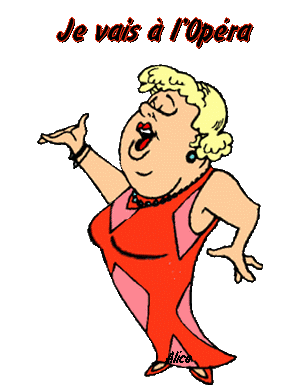

No comments:
Post a Comment